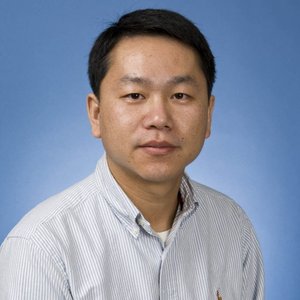Brief history of the conference
ICVPB dates back to 1980. Initially called the Vocal Fold Physiology Conference, it began with five inspired pioneers who brought together voice scientists from Japan and the United States (Wilbur James Gould, Osamu Fujimura, Kenneth Stevens, Minoru Hirano, and Ingo Titze). The first meeting was held in Kurume Japan, in 1980. The focus was the physical and biological underpinnings of voice production. In total, nine Vocal Fold Physiology meetings were held. After Kurume, the meeting took place in Madison (1982), Iowa City (1984), New Haven (1985), Tokyo (1987), Stockholm (1990), Denver (1992), Kurume (1994), and Sydney (1995).
The name of the conference was then changed to ICVPB to include the influx of biomechanics and biology into the study of voice production. The first ICVPB meeting was held in 1997 at Northwestern University in Evanston, Illinois, followed by Berlin (1999), Denver (2002), Marseille (2004), Tokyo (2006), Tampere (2008), Madison (2010), Erlangen (2012), Salt Lake City (2014), Viña del Mar (2016), East Lansing (2018) and Grenoble (2020).
| 1980 | Kurume, Japan |
| 1982 | Madison, USA |
| 1984 | Iowa City, USA |
| 1985 | New Haven, USA |
| 1987 | Tokyo, Japan |
| 1990 | Stockholm, Sweden |
| 1992 | Denver, USA |
| 1994 | Kurume, Japan |
| 1995 | Sydney, Australia |
| 1997 | Evanston, Illinois |
| 1999 | Berlin, Germany |
| 2002 | Denver, USA |
| 2004 | Marseille, France |
| 2006 | Tokyo, Japan |
| 2008 | Tampere, Finland |
| 2010 | Madison, USA |
| 2012 | Erlangen, Germany |
| 2014 | Salt Lake City, USA |
| 2016 | Vina del Mar, Chile |
| 2018 | East Lansing, Michigan, USA |
| 2020 | Grenoble, France (online) |
Keynote Speakers
Prof. Jennifer L. Long, MD, PhD — Surgeon-Scientist, Head and Neck Surgery, University of California-Los Angeles, USA
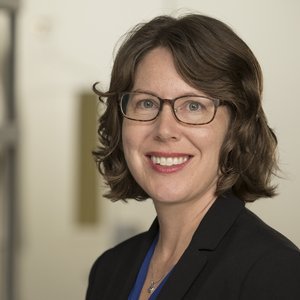
Prof. Jody Kreiman, PhD — Professor in Residence of Head and Neck Surgery and Linguistics, University of California, Los Angeles, USA
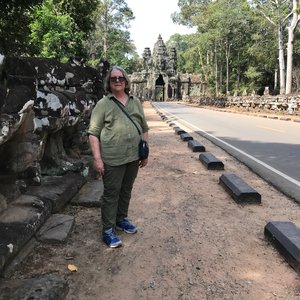
Prof. David A. Berry, PhD — Professor, Head and Neck Surgery, UCLA, USA
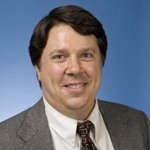
Prof. Dinesh K. Chhetri, MD — Head and Neck Surgery and Vice-chair, University of California, Los Angeles, USA
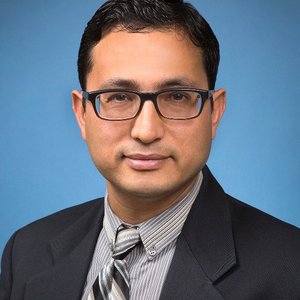
Prof. Zhaoyan Zhang, PhD — Professor of Head and Neck Surgery, University of California, Los Angeles, USA
